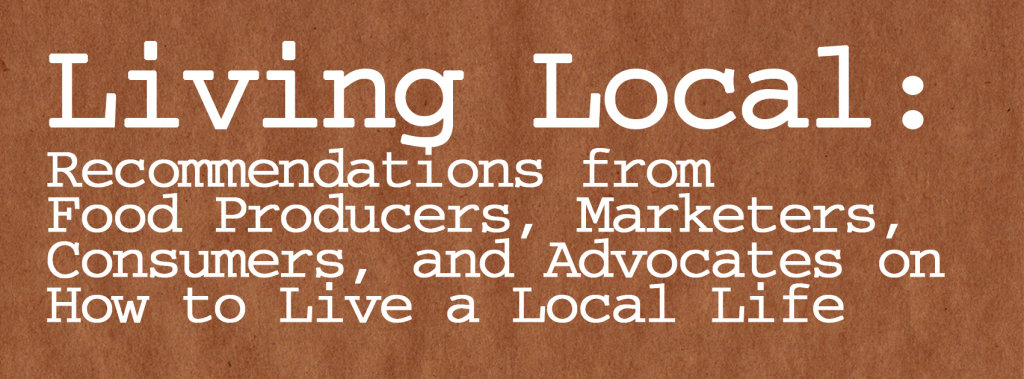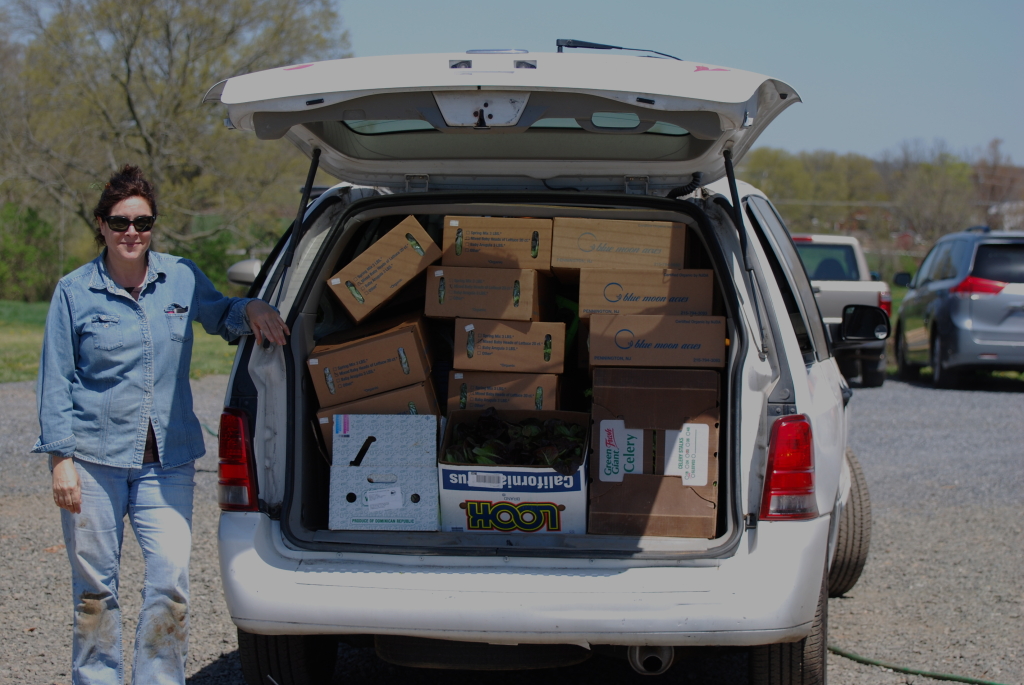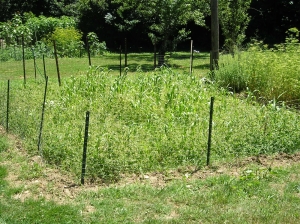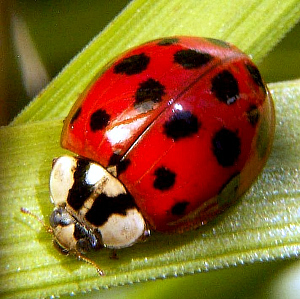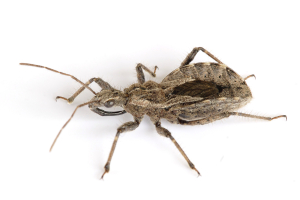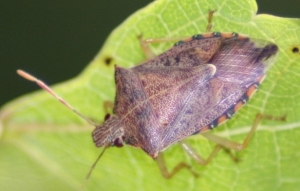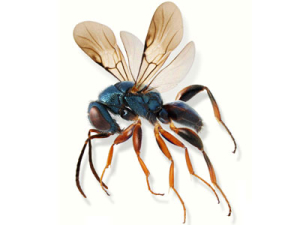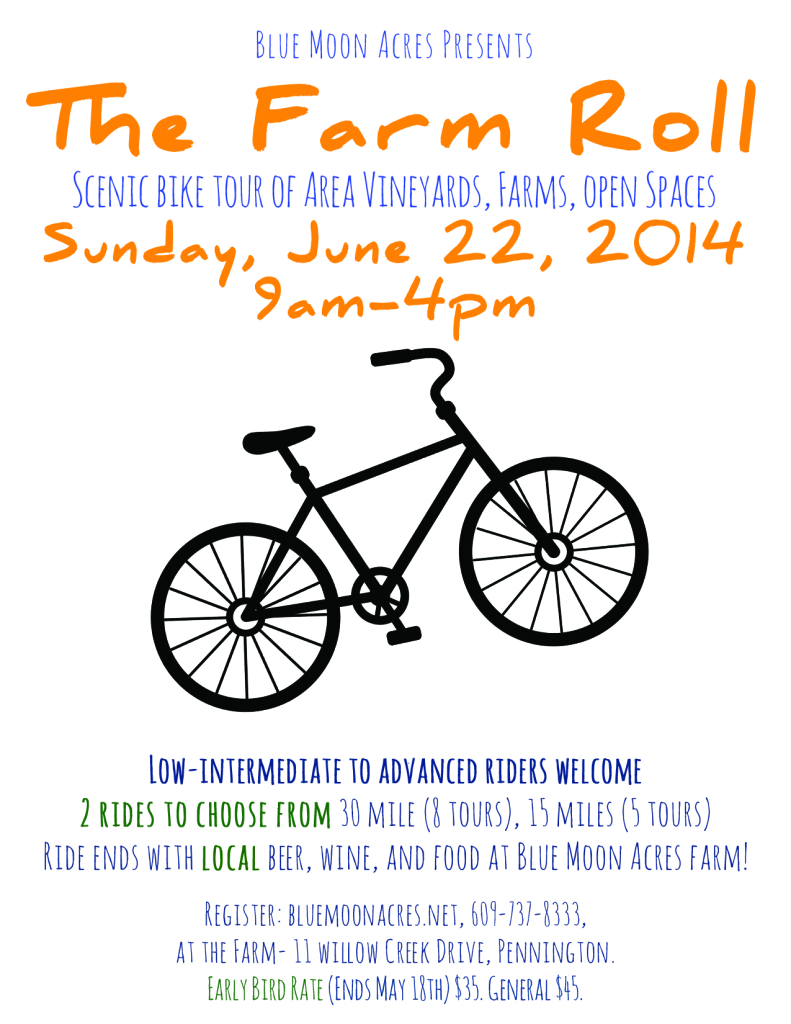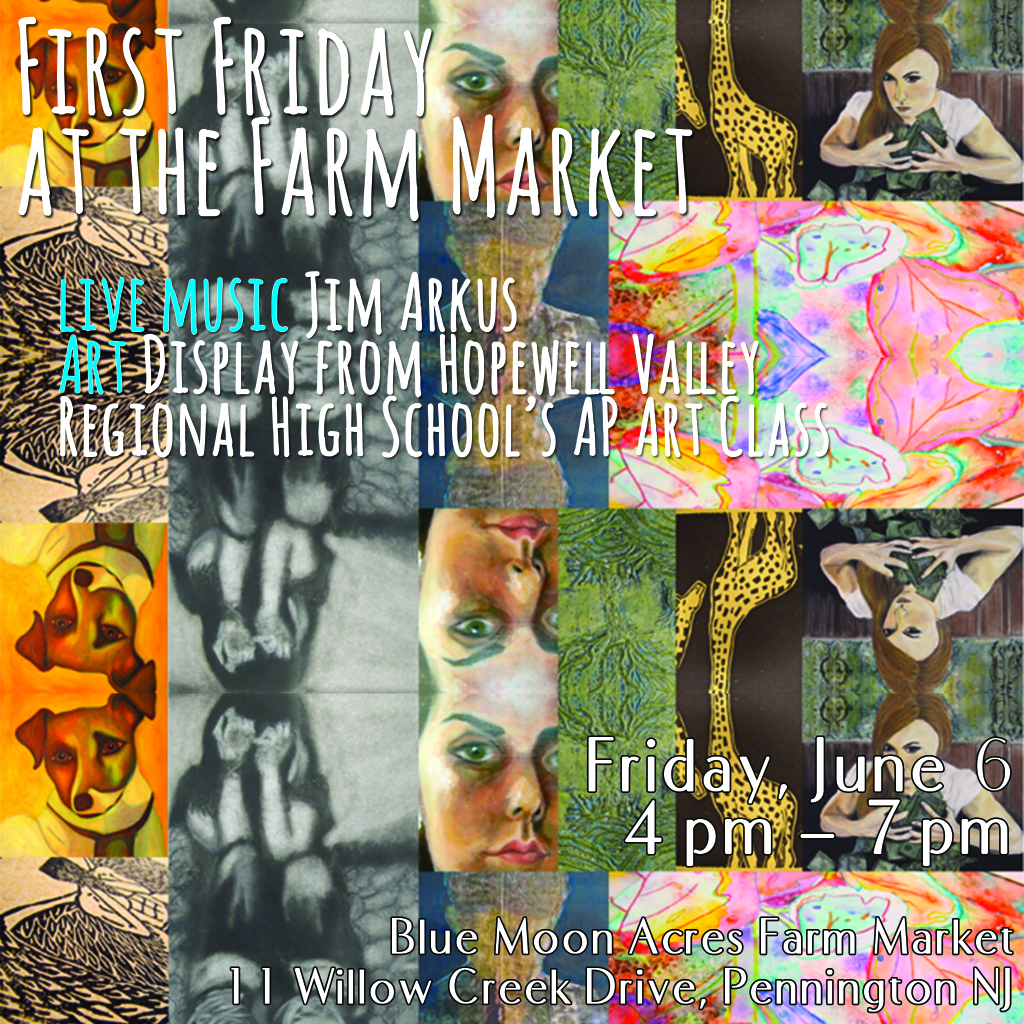Top Five Most Influential Women of Modern Farming
For most of its long and inglorious history, farming has been a male-dominated profession. Women may have played vital roles, but ownership and decision-making was the exclusive domain of men. According to a recent USDA report, however, that trend is rapidly changing. Over the last three decades, the number of women-operated farms nearly tripled. Currently, around 300,000 women own farms, while as many as 1 million or more help run one. A few of these entrepreneuring women are even changing the shape of farming itself. Today we take a look at five of these women.
Severine Von Tscharner Fleming
 A vanguard of the “New Agrarian” movement, Severine Von Tscharner Fleming is best known for her work with The Greenhorns, a nonprofit dedicated to supporting young farmers. She is also one of the founders of Farm Hack, an open-source platform for affordable farm tools and technologies. At Berkley, she started the Society for Agriculture and Food Ecology (SAFE), an advocacy group geared towards educating young people about sustainability. She farms in New York’s Champlain Valley.
A vanguard of the “New Agrarian” movement, Severine Von Tscharner Fleming is best known for her work with The Greenhorns, a nonprofit dedicated to supporting young farmers. She is also one of the founders of Farm Hack, an open-source platform for affordable farm tools and technologies. At Berkley, she started the Society for Agriculture and Food Ecology (SAFE), an advocacy group geared towards educating young people about sustainability. She farms in New York’s Champlain Valley.
Denise O’Brien
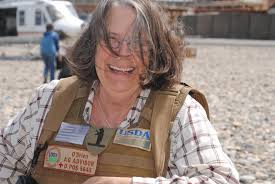 After cofounding the Women, Food and Agriculture Network (WFAN), Denise O’Brien ran as the Democratic candidate for Iowa’s Secretary of Agriculture, losing by just two percentage points to Republican Bill Northey. A few years later, she was tapped by the Obama administration to serve as the Agricultural Policy Advisor in Afghanistan. Denise is an indefatigable proponent of the sustainable food and farming movements, and has been working on a national and international level since the 1980s.
After cofounding the Women, Food and Agriculture Network (WFAN), Denise O’Brien ran as the Democratic candidate for Iowa’s Secretary of Agriculture, losing by just two percentage points to Republican Bill Northey. A few years later, she was tapped by the Obama administration to serve as the Agricultural Policy Advisor in Afghanistan. Denise is an indefatigable proponent of the sustainable food and farming movements, and has been working on a national and international level since the 1980s.
Robyn Van En
 Robyn Van En was one of the original founders of the Community Supported Agriculture (CSA) movement, helping bring fresh organic food to local communities. All told, she helped jumpstart more than 200 CSA farms across the United States. She’s also traveled Russia, Canada, South America, Africa, New Zealand, Russia, and Hungary, bringing more than 1200 CSAs online. Robyn was born in 1948 and died in 1997.
Robyn Van En was one of the original founders of the Community Supported Agriculture (CSA) movement, helping bring fresh organic food to local communities. All told, she helped jumpstart more than 200 CSA farms across the United States. She’s also traveled Russia, Canada, South America, Africa, New Zealand, Russia, and Hungary, bringing more than 1200 CSAs online. Robyn was born in 1948 and died in 1997.
Erika Allen
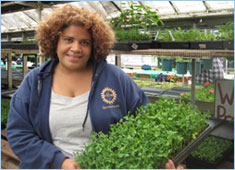 Erika Allen is best known for her food security activism and jobs training programs in the Chicagoland area. She is the Chicago Projects Manager of Growing Power, a nonprofit organization and land trust providing equal access to healthy and affordable food. She is also the co-chair of the Chicago Food Policy Advisory Council, and serves on the Illinois Local and Organic Food and Farm Task Force. As one of the founders of the Growing Food and Justice For All initiative, Erika has helped fight racism and increase equality through the power of agriculture.
Erika Allen is best known for her food security activism and jobs training programs in the Chicagoland area. She is the Chicago Projects Manager of Growing Power, a nonprofit organization and land trust providing equal access to healthy and affordable food. She is also the co-chair of the Chicago Food Policy Advisory Council, and serves on the Illinois Local and Organic Food and Farm Task Force. As one of the founders of the Growing Food and Justice For All initiative, Erika has helped fight racism and increase equality through the power of agriculture.
Cheryl Rogoski
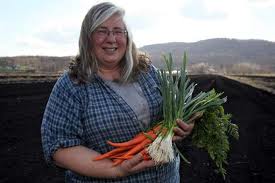 A MacArthur Genius grantee, Cheryl Rogowski has been active on the farm scene since 1984 when she inherited 5,000 acres from her father. Cheryl is a fervent supporter of community-supported agriculture (CSA) programs and farmers markets. She also supports El Puente (The Bridge, a CSA for low-income people, helps provide English lessons for migrant works, and serves as a mentor for Future Farmers of America students. She farms at the Rogoswki farm in Pine Island, New York.
A MacArthur Genius grantee, Cheryl Rogowski has been active on the farm scene since 1984 when she inherited 5,000 acres from her father. Cheryl is a fervent supporter of community-supported agriculture (CSA) programs and farmers markets. She also supports El Puente (The Bridge, a CSA for low-income people, helps provide English lessons for migrant works, and serves as a mentor for Future Farmers of America students. She farms at the Rogoswki farm in Pine Island, New York.

